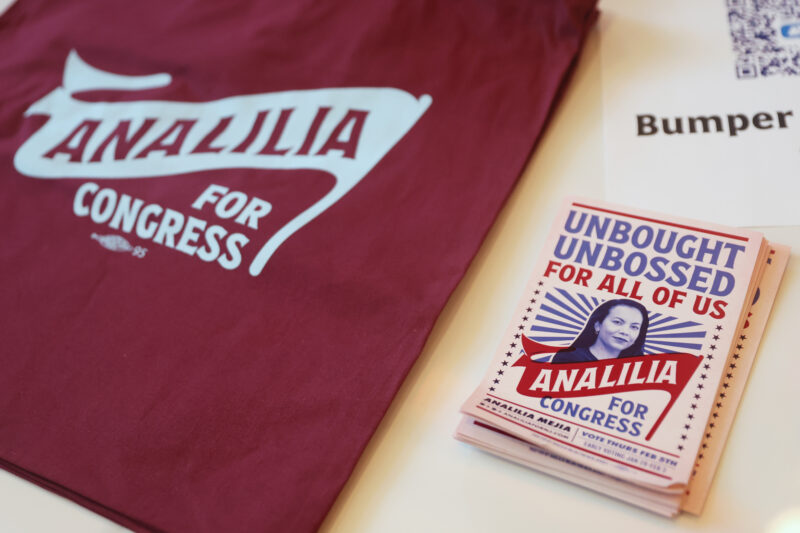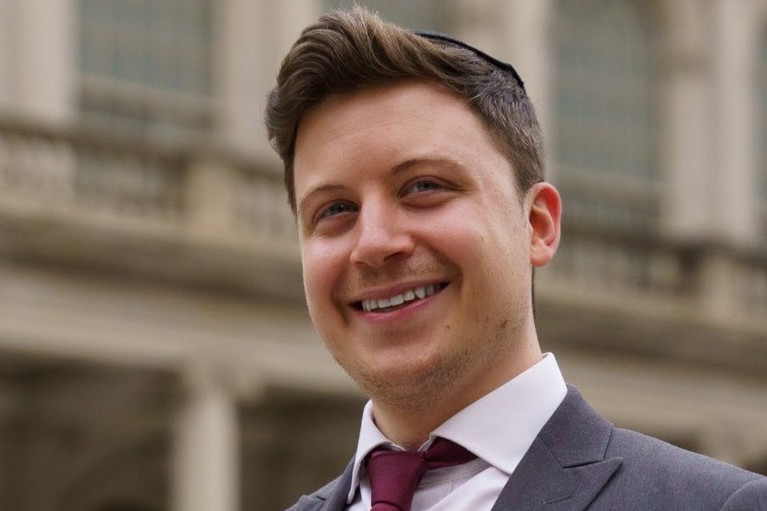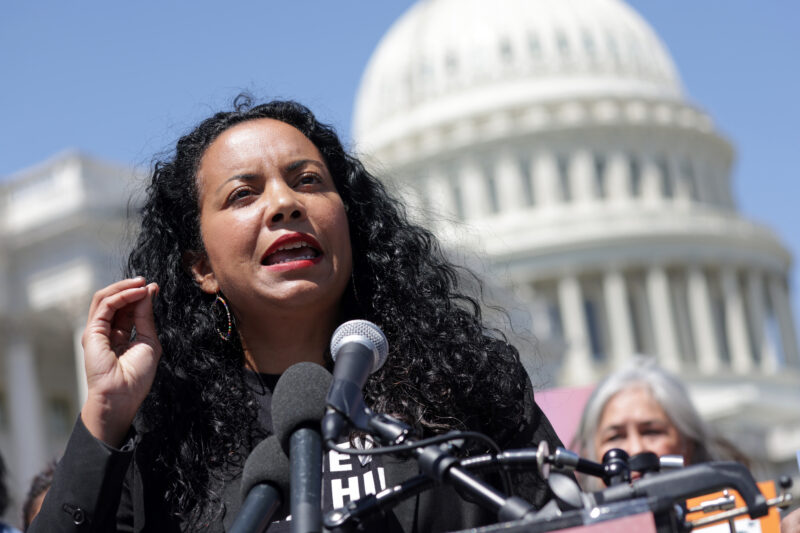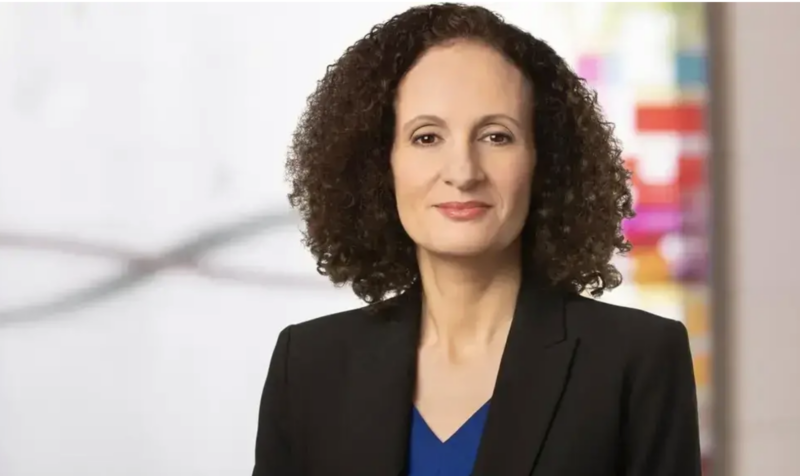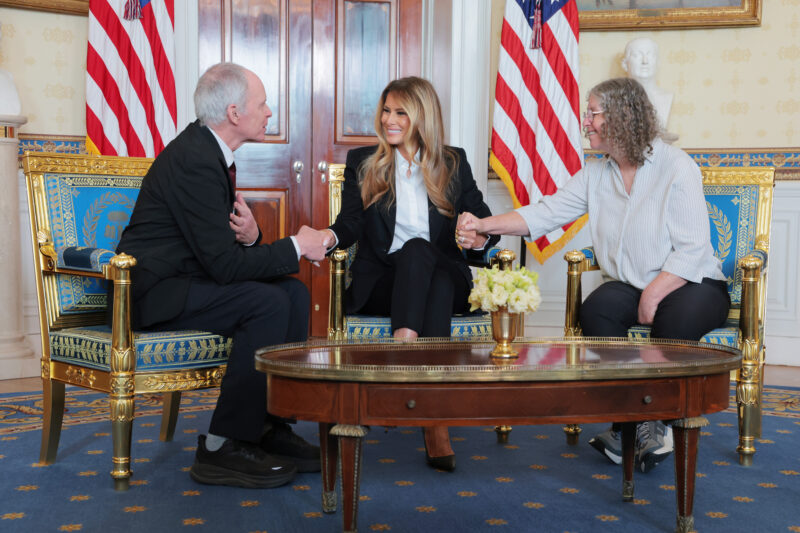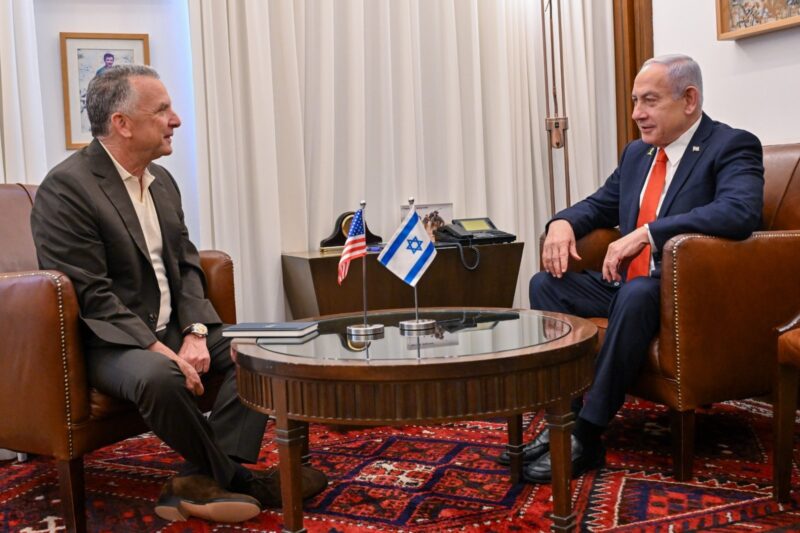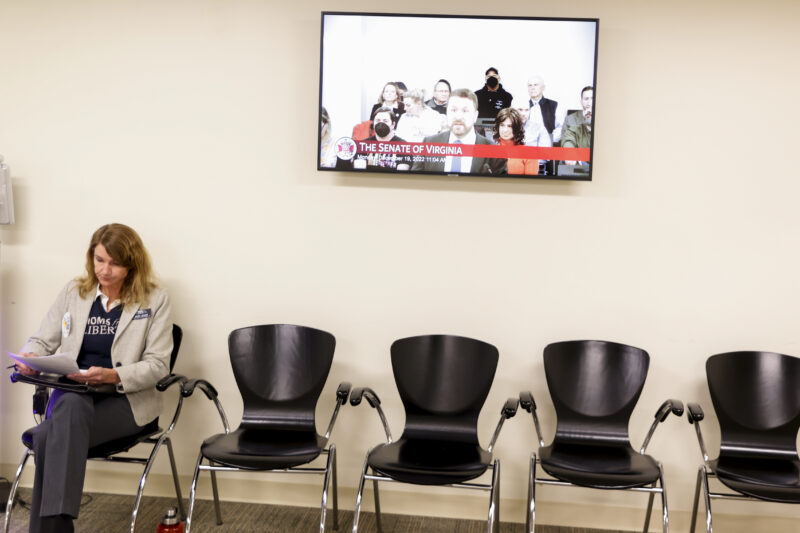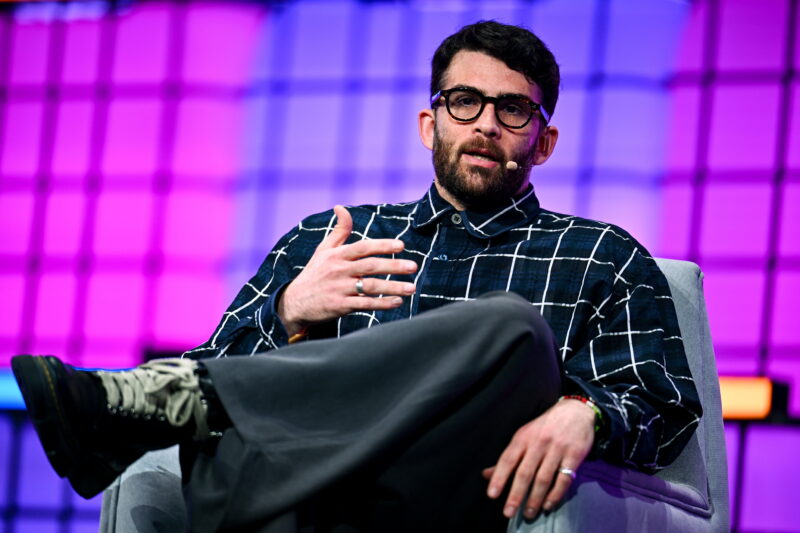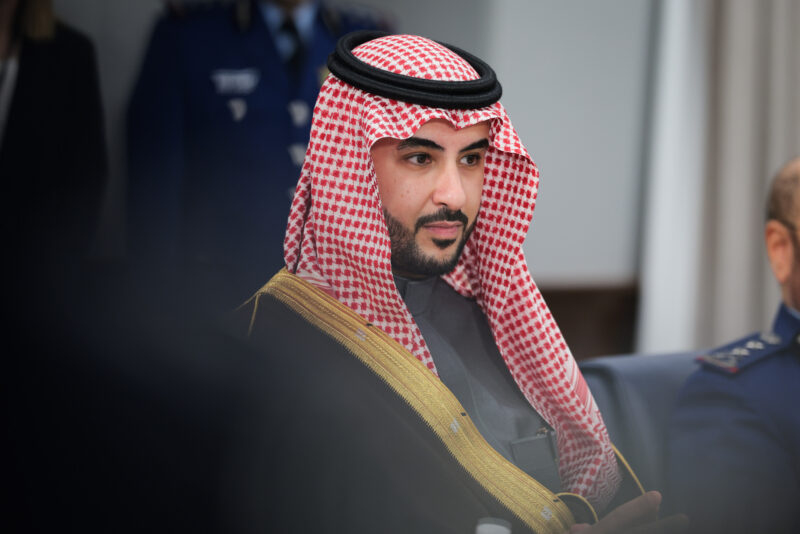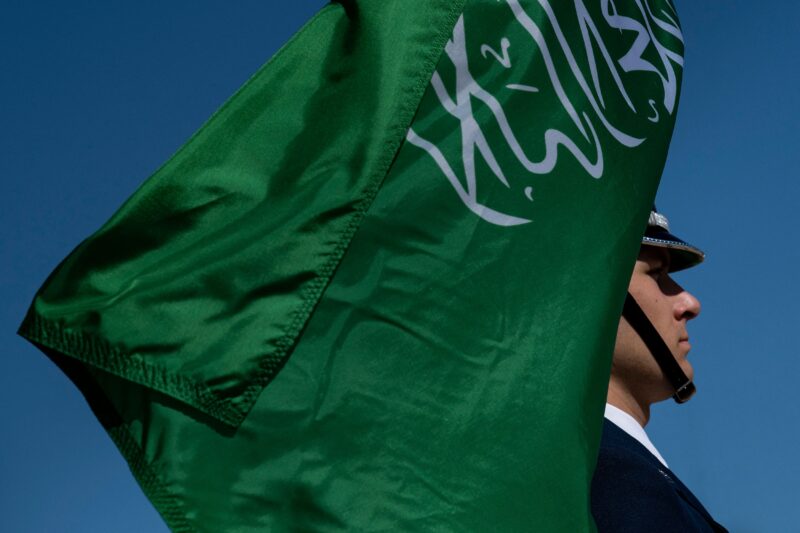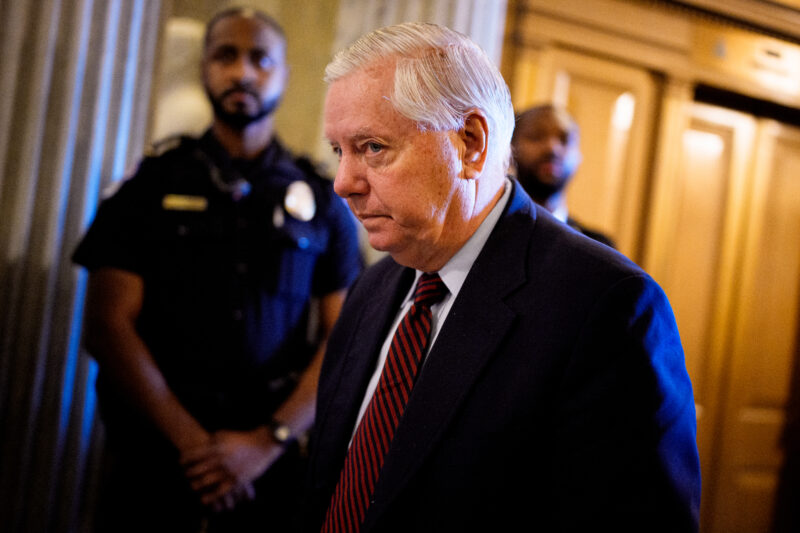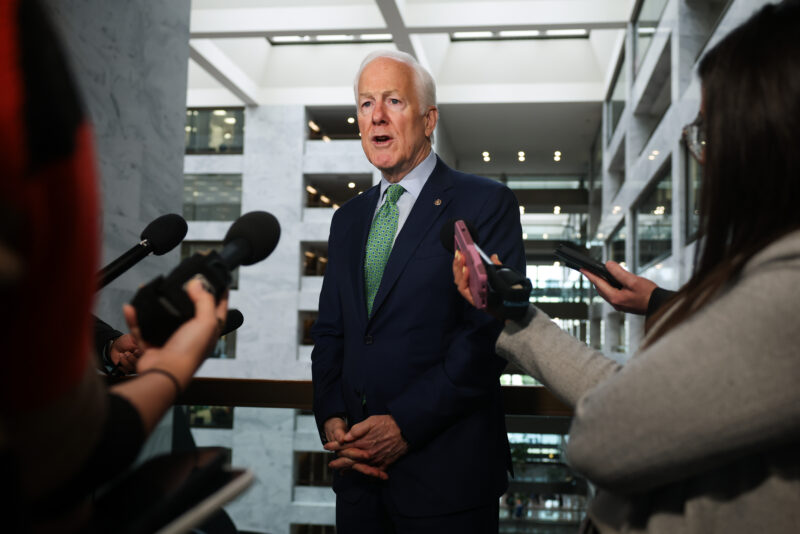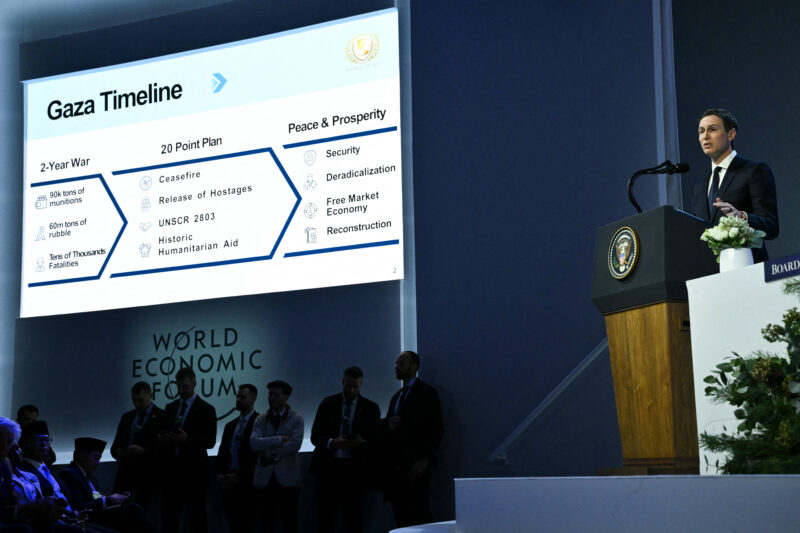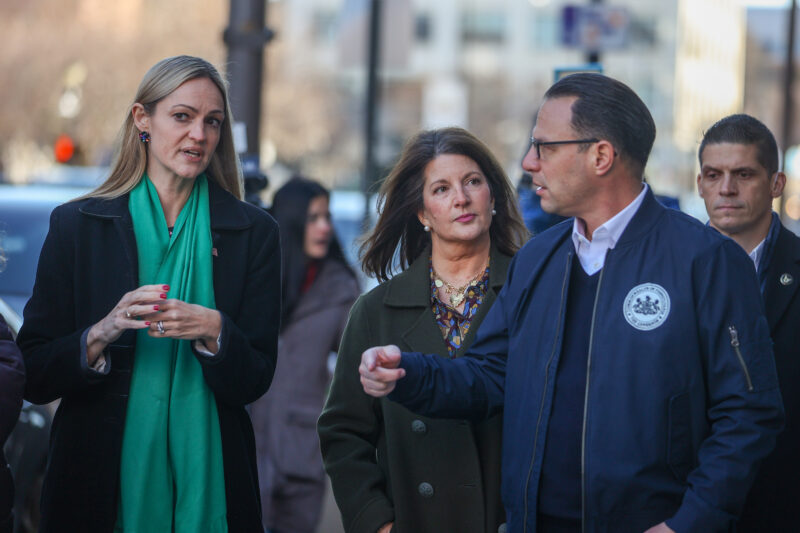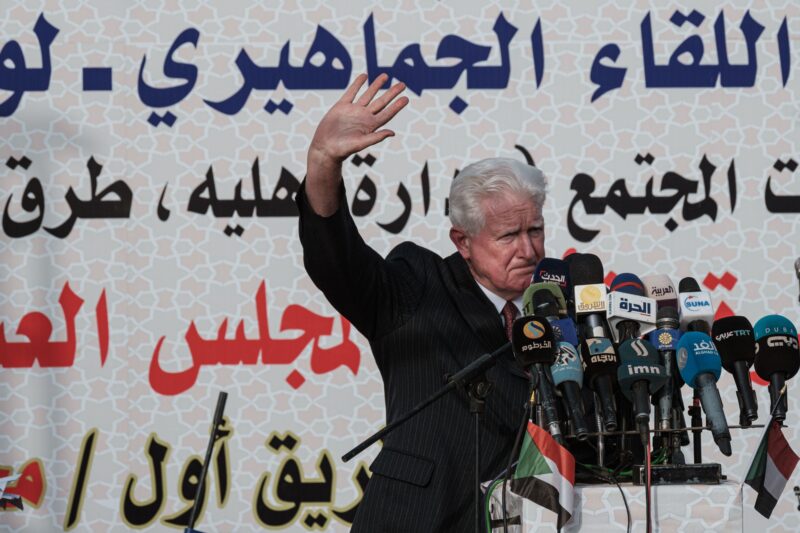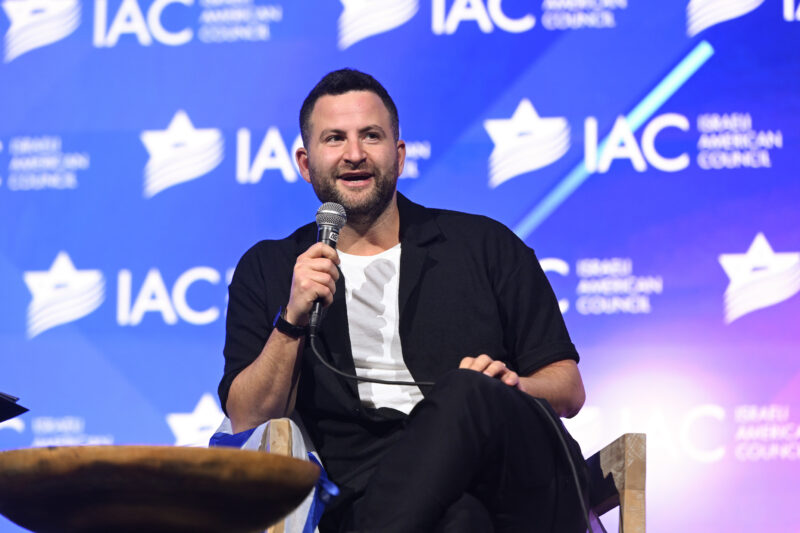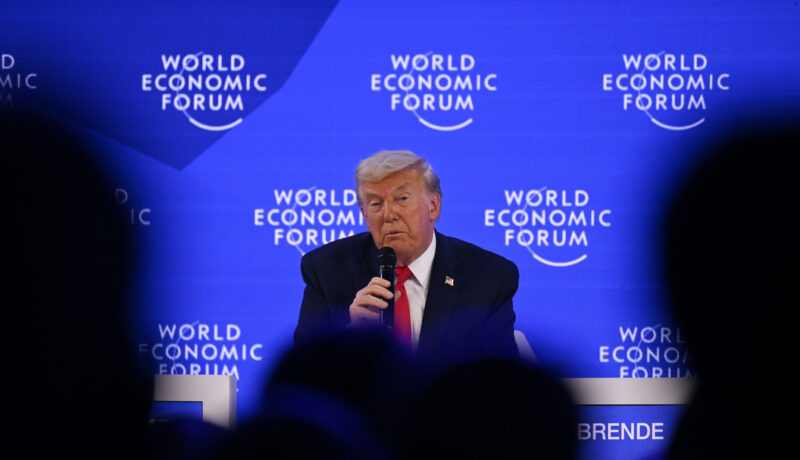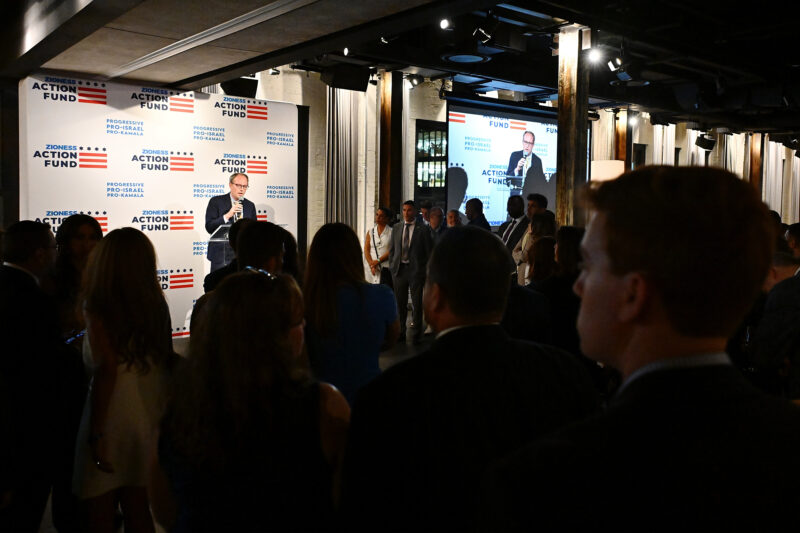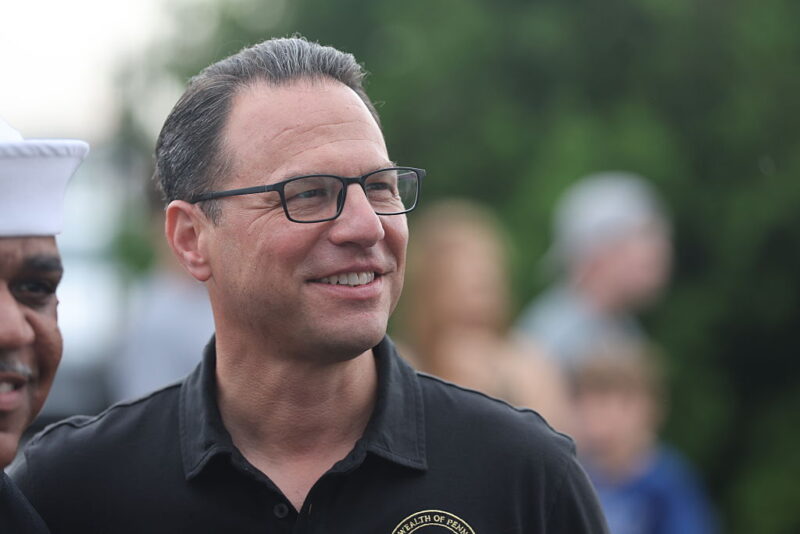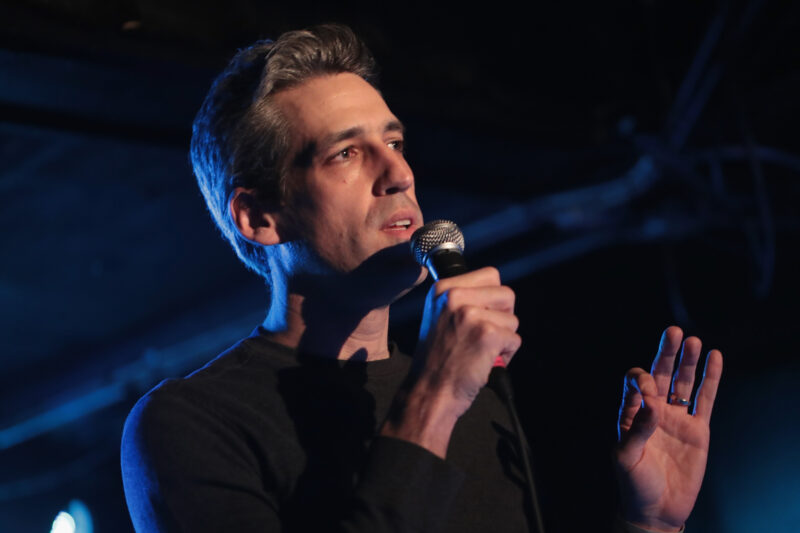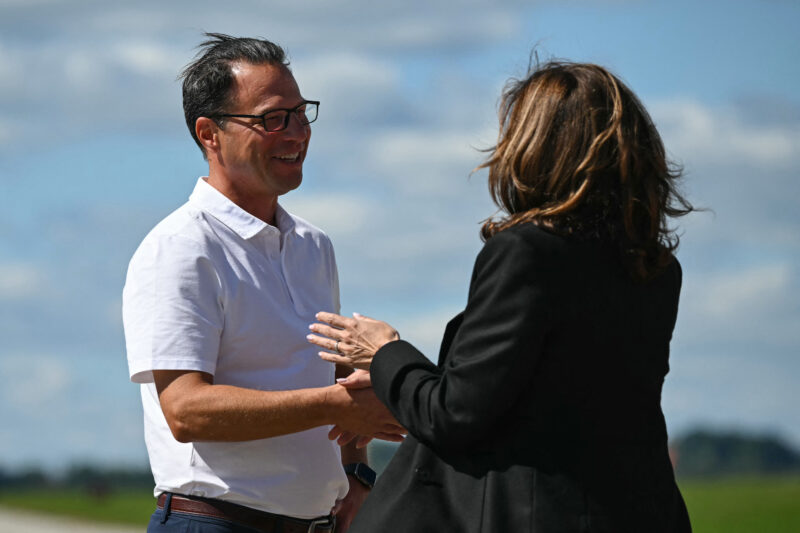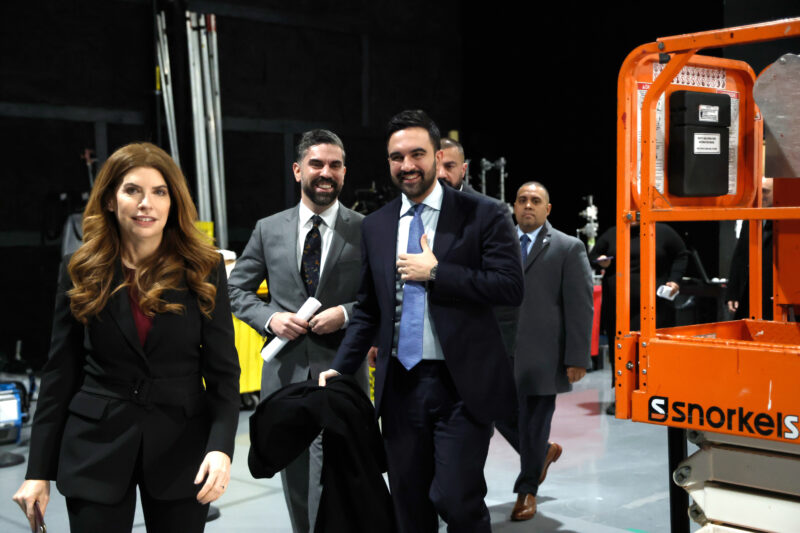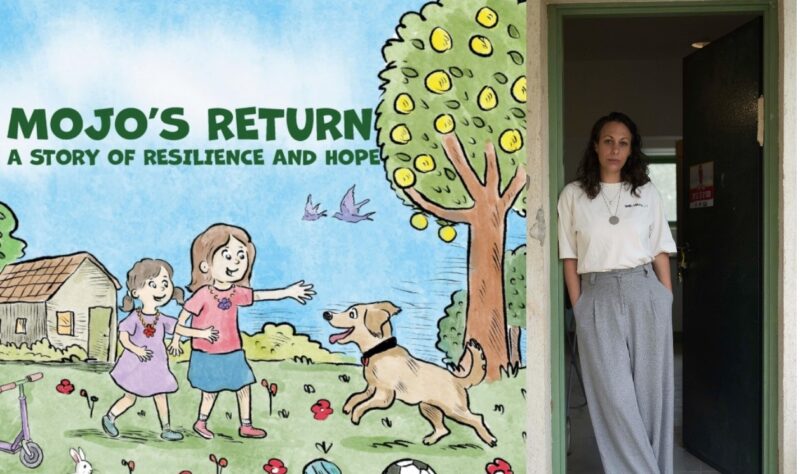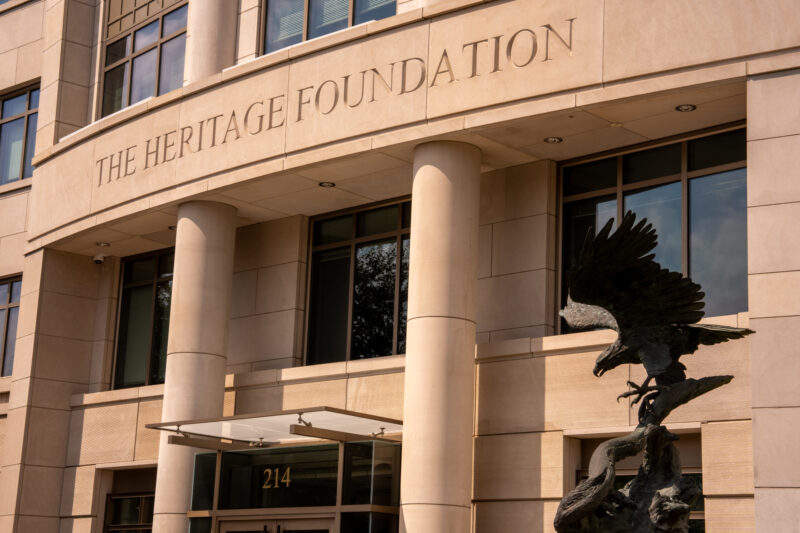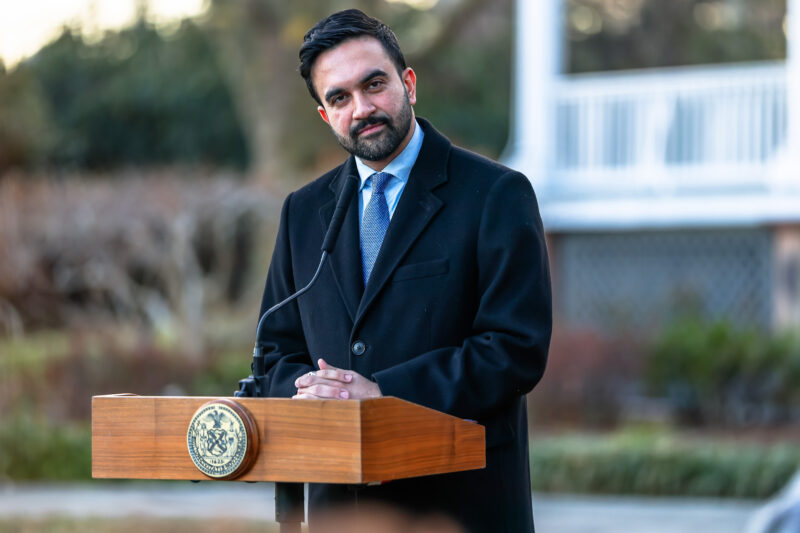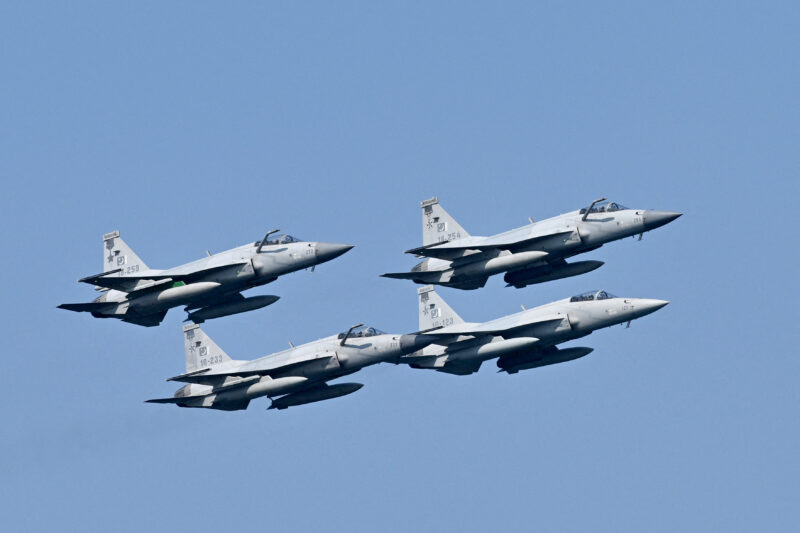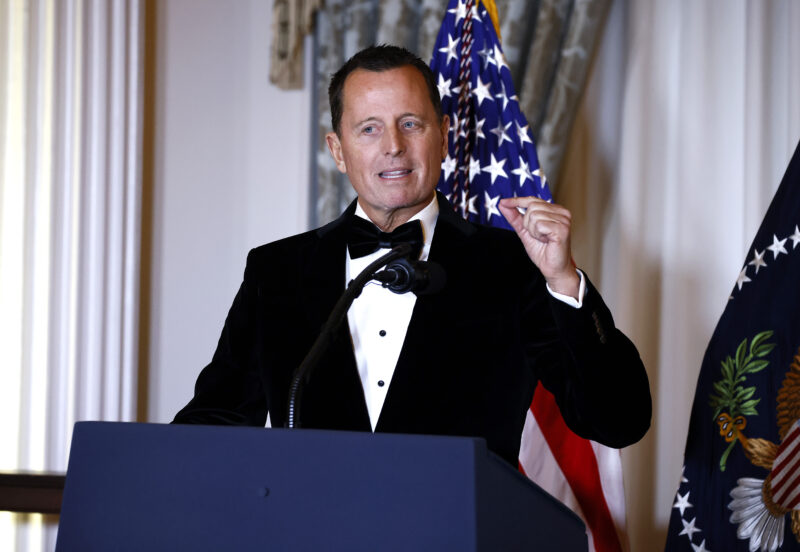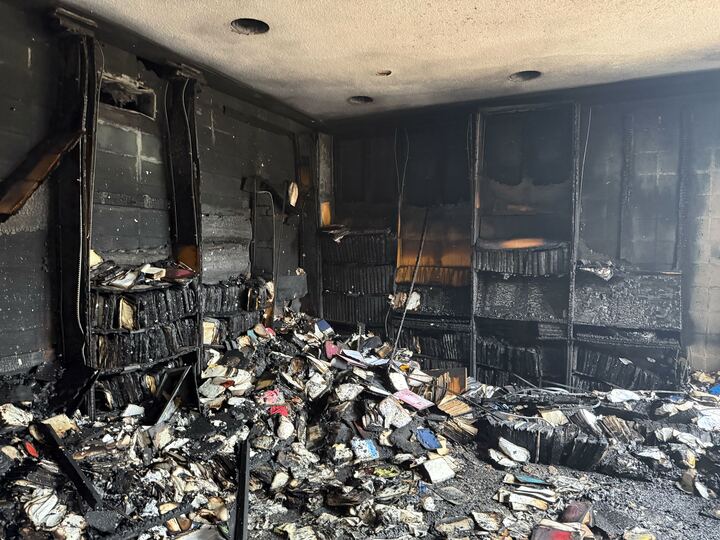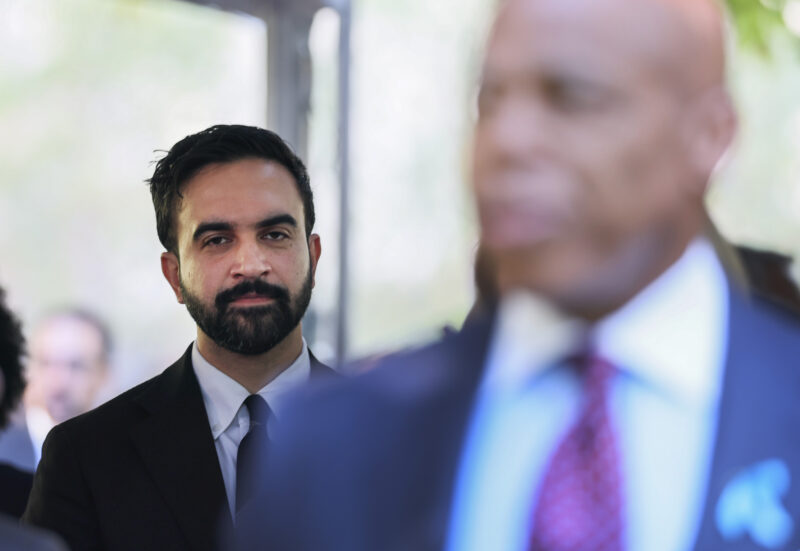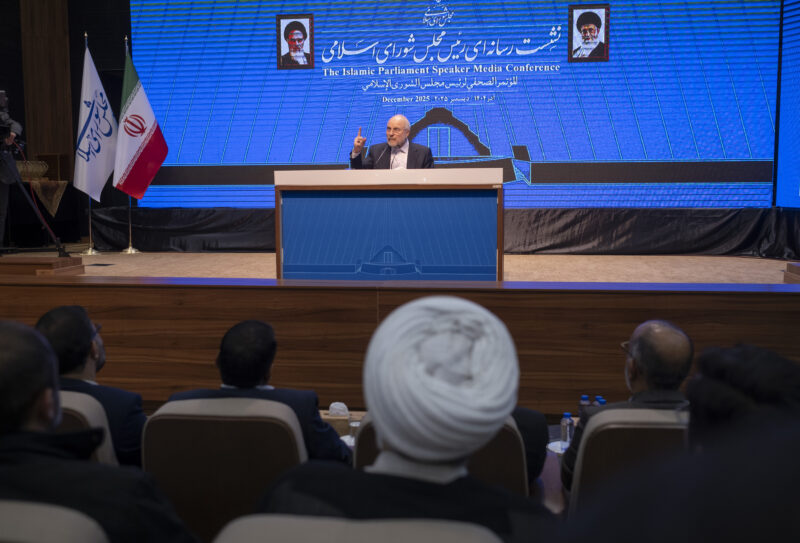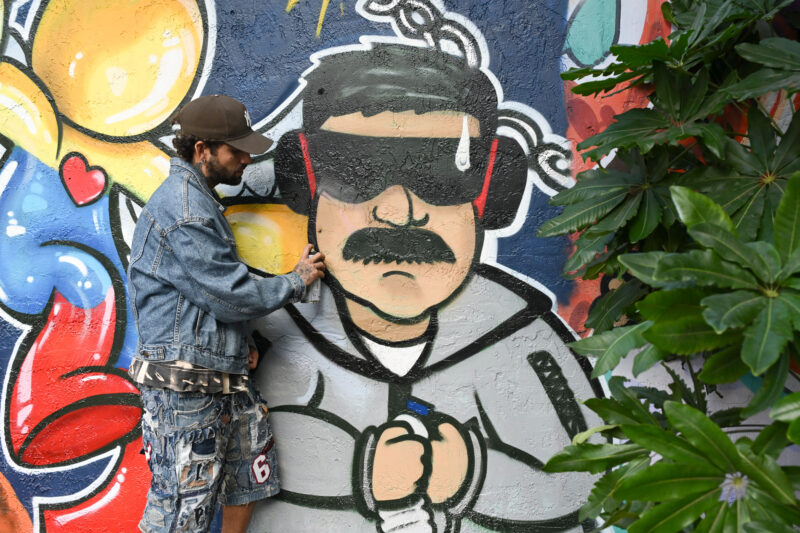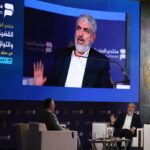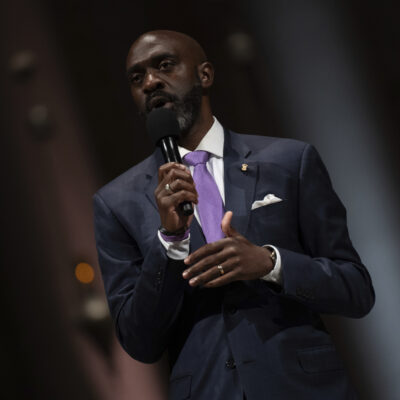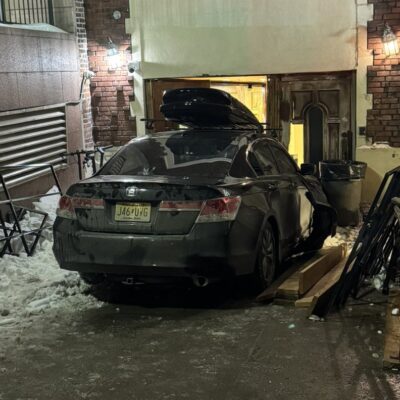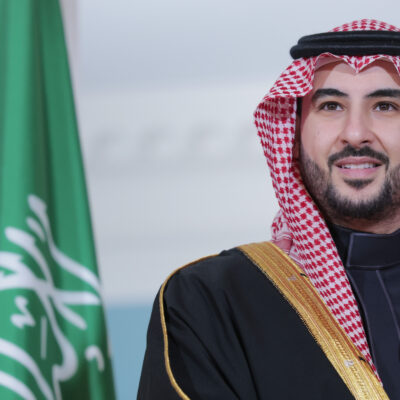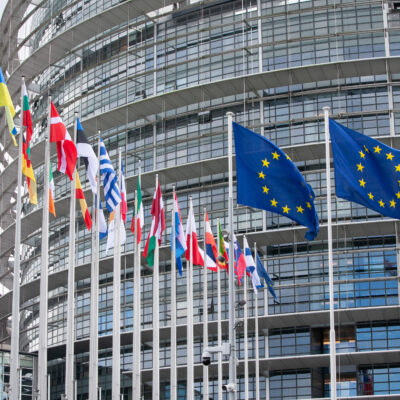‘We share the same enemy:’ Israeli, Baltic states’ lawmakers warn of Iran-Russia cooperation
Rihards Kols, chairman of the Latvian parliament's Foreign Affairs Committee, and the pro-Israel organization European Leadership Network co-hosted an interparliamentary conference at the Latvian parliament

Saeima/Latvian Parliament
Rihards Kols, chairman of the Latvian parliament’s Foreign Affairs Committee (left) and Marko Mihkelson, Member of Riigikogu, Estonia
RIGA, Latvia – Cooperation between Iran and Russia makes the need for Israel and like-minded democracies to work together more acute than ever, lawmakers and experts agreed at a conference last week in the Latvian parliament.
Rihards Kols, chairman of the Latvian parliament’s Foreign Affairs Committee and soon to be a member of the European Parliament, and the pro-Israel organization European Leadership Network (ELNET) co-hosted the interparliamentary event titled “Exploring the Emerging Axis: Iran-Russia Cooperation and Implications for Israel, Latvia, the Baltics, and Europe.”
“We share the same challenge. We share the same enemy,” Likud lawmaker Boaz Bismuth told the conference.
Bismuth participated in the conference via Zoom – he was one of two Israeli lawmakers who canceled their flights to Riga because of the vote on Haredi conscription in the Knesset last Monday – and recounted feeling “relieved” when he took part in the NATO Parliamentary Assembly last month to find that the cooperation between Russia, China and Iran was one of the major topics on the agenda, saying that such a discussion was “something that you may not have seen a few years ago.”
Sarah Masha Feinberg, head of the Great Powers Research Program at Tel Aviv University, explained that Russia sees the Middle East as a second arena from which to fight the West.
“All the taboos Russia once placed on itself are now lifted,” Feinberg warned. “The fact that Russia invaded Ukraine … and Iran directly attacked Israel for the first time means we are in a world with no taboos and no limits …This creates a fertile ground for the permanent wars of the coming decades.”
Meir Javedanfar, an Iranian diplomatic and security studies lecturer at Israel’s Reichman University, said that Russian intelligence via Iran may have helped Hamas commit the Oct. 7 attack on Israel. Lithuanian legislator Emanuelis Zingeris pointed out that Hamas leader Ismail Haniyeh met with Russian Foreign Minister Sergey Lavrov in Moscow less than a month before.
“Hamas people who invaded Israel … attacked a military base and had color-coded maps including which rooms to go to,” Javedanfar said. “I find it difficult to believe that Hamas would have such intricate knowledge of an Israeli military base … I think it’s very unlikely that even Iranians would have that kind of information. Russia’s electronic intelligence is improving every year … I think it’s very unlikely that Hamas did not get intelligence help from the Russians and of course the Iranians too, but I think [Russia’s] intelligence help was crucial.”
What brought Russia and Iran closer, said Airis Rikveilis, the national security advisor to Latvia’s prime minister, was “the failure of the Russian military in Ukraine” after it invaded in February 2022, which “forced Russia to seek suppliers outside of its own territory, because it was not prepared for … the rate of attrition.”
“That allowed Iran to suddenly skyrocket in its importance … [previously] Iran was not a supplier of anything in the international arms market, it was mostly a client of Russia and China. The technology that the Iranians possess was able to compensate for segments of Russian arms, where it did not have its own advancements … like in drones and missiles. This technology is largely inferior to that of the best [but] it still gives Russia a lot of help on the front lines,” Rikveilis explained.
Rikveilis also said that “the axis is broader than Russia and Iran,” and includes China and North Korea as well, and posited that China brought Russia and Iran closer.
Russia and China, have made U.S. and European sanctions against Iran ineffective in deterring Tehran from developing its nuclear program, Danny Citrinowicz, a research fellow in the Iran Program at the Institute for National Security Studies, said.
“There is no ability to [revive] the ‘maximum pressure’ campaign,” he said. “Today, the Iranians are exporting more than 2 million barrels of oil a day, bypassing U.S. sanctions … For Iran this is crucial because most of their budget is actually built on the revenues they’re generating.”
Javedanfar explained that “Russia enabled Iran to keep a shadow economy” to circumvent sanctions, and that “the Russians now basically control the Iranian energy sector.
But the relationship is not only one of convenience for Iran, Javedanfar explained.
“Even if [Russian President Vladimir] Putin decides to reduce relations with Iran in order to improve relations with [the U.S.], the Islamic Republic of Iran will continue to work closely with Russia and to view Russia as one of its key partners,” he said. “Why is Russia so important? … Because of the perceived existential danger to the Ayatollah [Ali Khamenei], and the revolutionary elite in Iran. To them, the only danger to their survival is not the Israeli army, not the U.S. army. It’s U.S. soft power.”
In addition, Javedanfar said, “the Iranian regime is scared of being overthrown … Khamenei saw how Mr. Putin saved [Syrian President Bashar] Assad in 2015 and saved [Belarussian President Alexander] Lukashenko in 2020 … He sees Mr. Putin as an insurance policy for the survival of his regime.”
Nearly all of the questions from the conference audience of diplomats – including Israeli Ambassador to Latvia Sharon Rappaport, as well as diplomats from the U.S., Japan and other countries – lawmakers and their advisers, were about Iran, reflecting what multiple attendees told Jewish Insider was a near-total dearth of local experts on the Middle East.
***
Along with Russia’s rapprochement with Iran, its relations with Israel, which were very good only a few years ago, have had a precipitous decline.
“After 25 years of very special relations,” Feinberg said, “we see a major shift since the beginning of the war in Ukraine, a huge deterioration with Russia applying huge pressure on Israel not to provide the Iron Dome. Israel is with the U.S., but does not want to anger Russia, so they provided a huge amount of humanitarian aid to Ukraine,” but not weapons.
Now, Feinberg said, there is a “strategic shift” in which Russia treats Israel as an enemy, targeting it with disinformation campaigns.
Feiberg called for Israel to make a “shift in strategic thinking regarding Russia.”
Zingeris called for Israel to “be liberated from Russia, from its blackmail inside Syria and even the question of the Jewish community in Russia” – the two reasons Israel’s leadership has cited for not sending Ukraine weapons after Russia invaded.
Javedanfar also noted that Israel needs to “recalculate our relationship with Russia after Oct. 7 [in light of] the way it has supported Hamas diplomatically, given them cover, the way it’s giving more weapons to the Islamic Republic of Iran.”
Citrinowicz argued that the Iranian missile and drone attack on Israel on April 13 could not have happened without “the backing of a superpower,” meaning Russia, which would join Iran in presenting the onslaught as self-defense.
Javedanfar and Citrinowicz called out Europe for not doing enough to counter Iran, which threatens them, as well.
“I think the Iranians really failed to understand why the Europeans are angry at them [for providing Russia with drones to use against Ukraine] because they didn’t really realize what they’re doing is really harming the European interests,” Citrinowicz said, “but the problem is that they didn’t pay any price for it. For example … not one Iranian diplomat was deported from many European countries because of this kind of aid … You need to draw the line for the Iranians.”
Citrinowicz also pointed out that Iranians and its proxy Hezbollah are active in Europe through education and religious centers, with networks in Germany, France, the U.K. and other countries.
Javedanfar said: “I’m amazed by some of the behavior of some of the European countries. In the name of god, you have European citizens in Iranian jails … What is stopping you from imposing sanctions against the [Islamic Revolutionary Guard Corps]? What else does the IRGC have to do in Europe, for the Europeans to impose sanctions against the Revolutionary Guard? … The behavior in some parts of Europe towards the Islamic Republic is just illogical.”
Zingeris said the Baltic states and Poland are likely to announce that they are declaring the IRGC a terrorist organization.
***
Conference panelists were in agreement that broader coalitions are necessary to fight the shared threat of Iran-Russia cooperation.
Feinberg said that both in Israel and Ukraine the missile and drone interception rate is dropping, with a decline to below 50% in Ukraine and a “Ukrainization of the operational environment on the northern border of Israel.”
“If there was a collective effort to be made, it is to strengthen the defense capabilities of both Ukraine and Israel as a way to protect yourselves” – meaning, the rest of the West – “because these are two countries where they can be tested,” Feinberg said.
Rikveilis, who was chairman of NATO’s Alliance Ground Surveillance Management when Russia invaded Ukraine, noted that while Israel and Iran are out of NATO’s area of operations, they are still of concern to the alliance.
“I think the most important thing is that Israelis have an alley of approach to the different … NATO bodies so we can communicate and discuss on an equal level … We should all be very glad that these relations with Israel and NATO take place on a regular basis,” he said.
When it comes to the Iranian nuclear threat, Bismuth argued that the 2015 Iran deal meant “the free world agree[d] to cooperate with a country with a revolutionary regime.” He lamented that it took the killing of Mahsa Amini and Iran siding with Russia in its war against Ukraine to awaken Europe to the Iranian threat in recent years.
Citrinowicz said that, today, “the international community is lacking the capability to cope with [Iran’s] enrichment capabilities.”
As such, a “credible military threat is very important … The Iranians think highly of the U.S. capabilities, and as long as they think that there is a credible military threat,” Khaminei will not cross what it perceives as the American red line, “because they may be radical but they’re not suicidal in terms of their policies.”
Similarly, Dumitru Minzazari, of the department of political and strategic studies at the Baltic Defence College, said that “Russia is emboldened by the lack of resolve in the West. This requires the West to credibly communicate its resolve” by preparing plans to strike inside Russia and being open about them.
Zingeris emphasized the importance of “defending our world democratic community.”
“I always have these two democracies [Israel and Ukraine] in my heart, how to unite those two cases and be united against our common enemies, who are more united than we are. Russia, China, Iran and North Korea are more united than our whole democratic community,” he said.
“Who is our John McCain, a solid man behind our united front, uniting all of us?” Zingeris asked, referring to the late Arizona senator and Republican presidential nominee. “It’s not America first, not Israel first, not Lithuania first, but first is solidarity. That must be the slogan for uniting democracies against dictatorships.”
Jewish Insider senior political correspondent Lahav Harkov moderated two of the conference’s three sessions and was a guest of ELNET.
Please log in if you already have a subscription, or subscribe to access the latest updates.




